This article explains how to check if your system’s disk drive partition style is a GPT or MBR in Windows 11.
In Windows, a disk drive partition style refers to partitioning or organizing a hard drive. The two main partition styles used in Windows are Master Boot Record (MBR) and GUID Partition Table (GPT).
The MBR partition style supports up to four primary or three primary and one extended partition, while the GPT partition style supports up to 128.
If you want to determine your Windows device’s partition style, the steps below should help you.
Knowing your disk drive partition style can be useful for several reasons. For example, suppose you want to install a new operating system or create additional partitions on your hard drive. In that case, you need to know the current partition style to determine if it can support your desired changes.
Some backup and recovery software may require a specific partition style to function properly. Therefore, it is important to identify your disk drive partition style before making any changes to your hard drive.
Check your disk drive partition style using the Windows Settings app
Knowing the correct disk drive partition style in Windows can help you determine whether to make certain changes.
Here’s how to do it.
First, open the Windows Settings app.
You can do that by clicking on the Start menu and selecting Settings. Or press the keyboard shortcut (Windows key + I) to launch the Settings app.
When the Setting app opens, click the System button on the left.
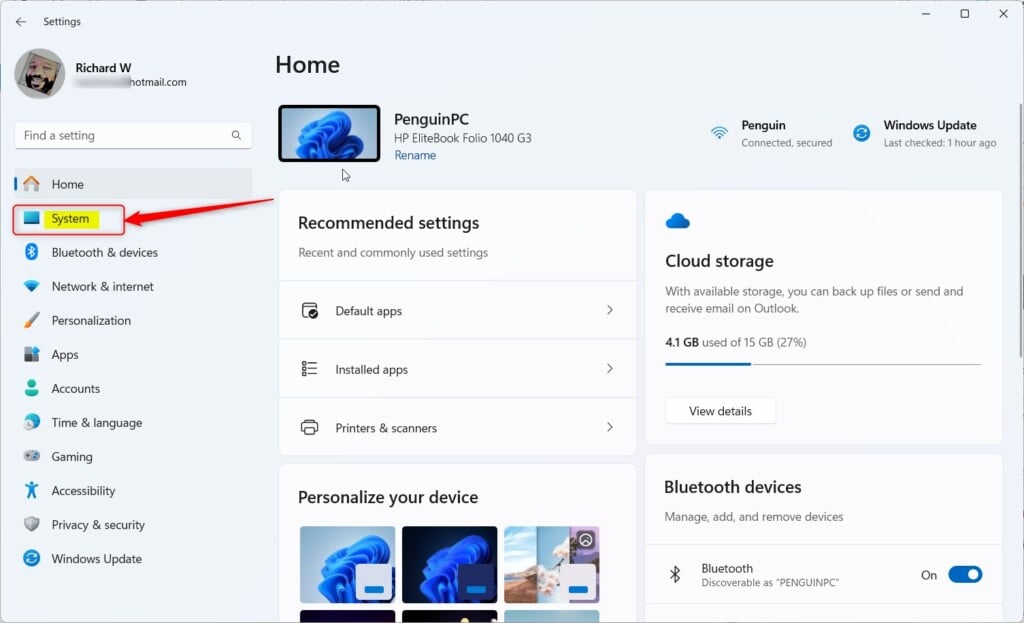
Next, select the Storage tile on the right to expand it.
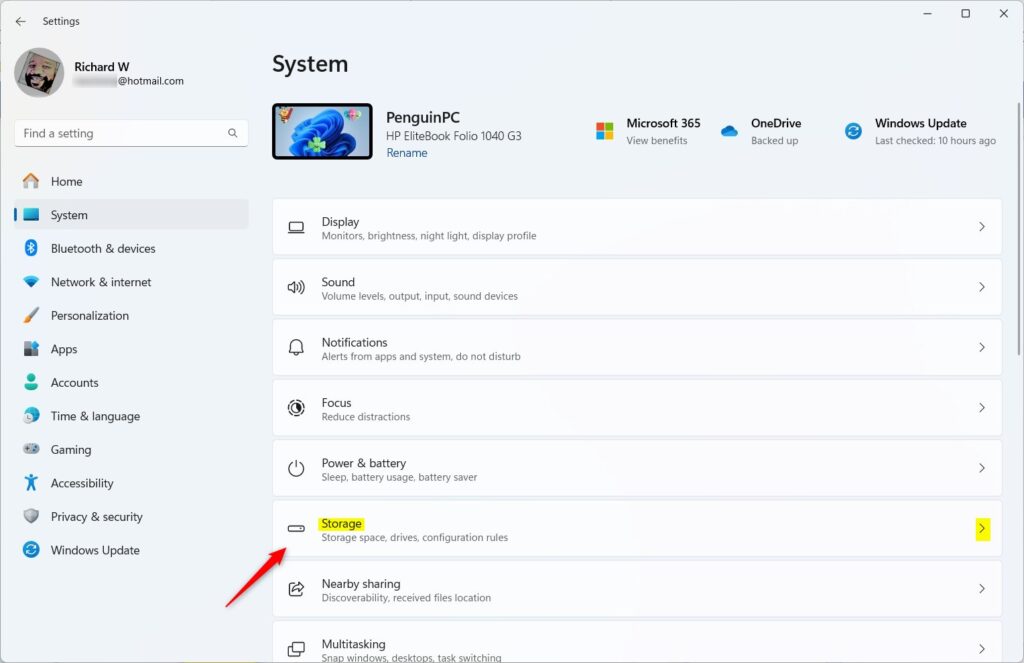
Next, select and expand Advanced storage settings, and click the Disks & volumes tile to expand it.
On the Disks & volumes settings pane, expand the disk drive you want to know its partition style and click the Properties button.
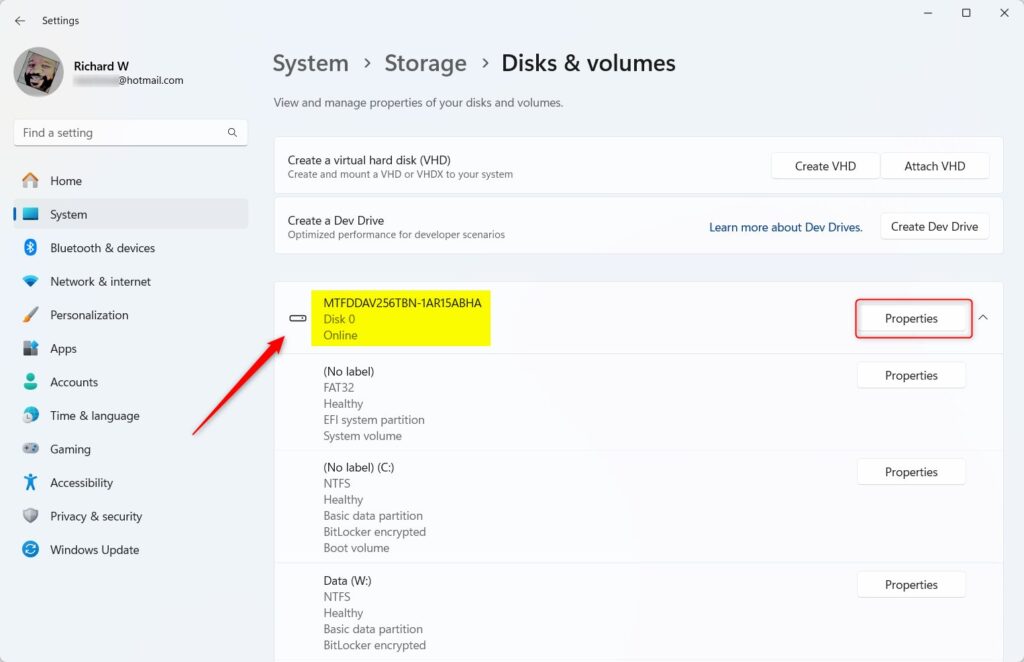
You will see the ‘Partition Style‘ on the disk properties pane at the bottom of the page.
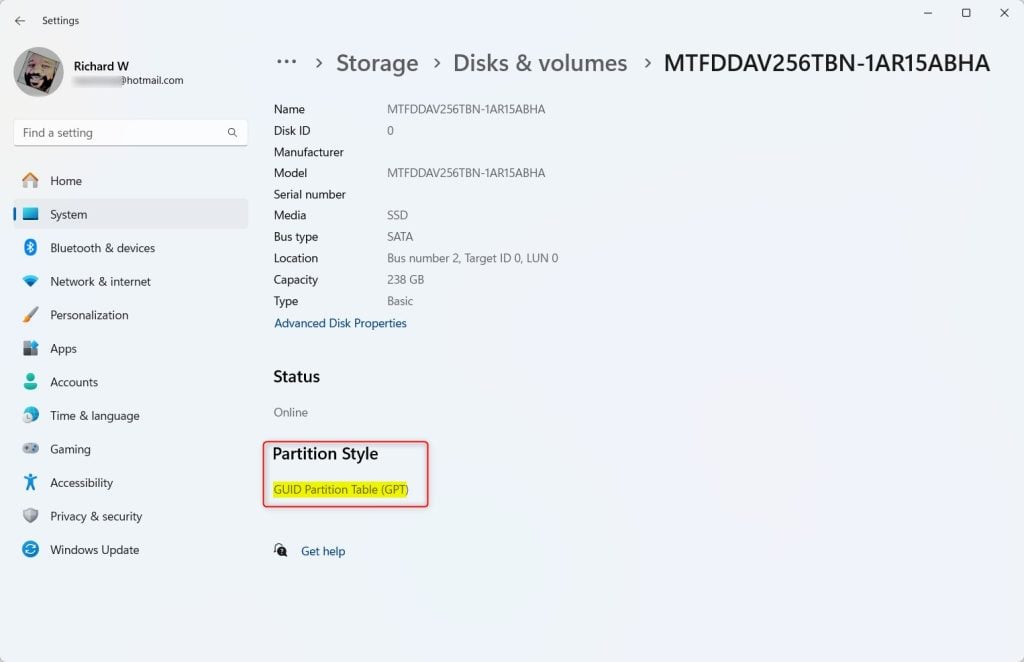
Check a disk drive partition style in Disk Management
Another way to determine your device’s disk drive partition style is to use the Windows Disk Management tool.
First, open the Disk Management or type the command shortcut diskmgmt.msc to open the app.
Next, select and right-click the drive and click ‘Properties‘.
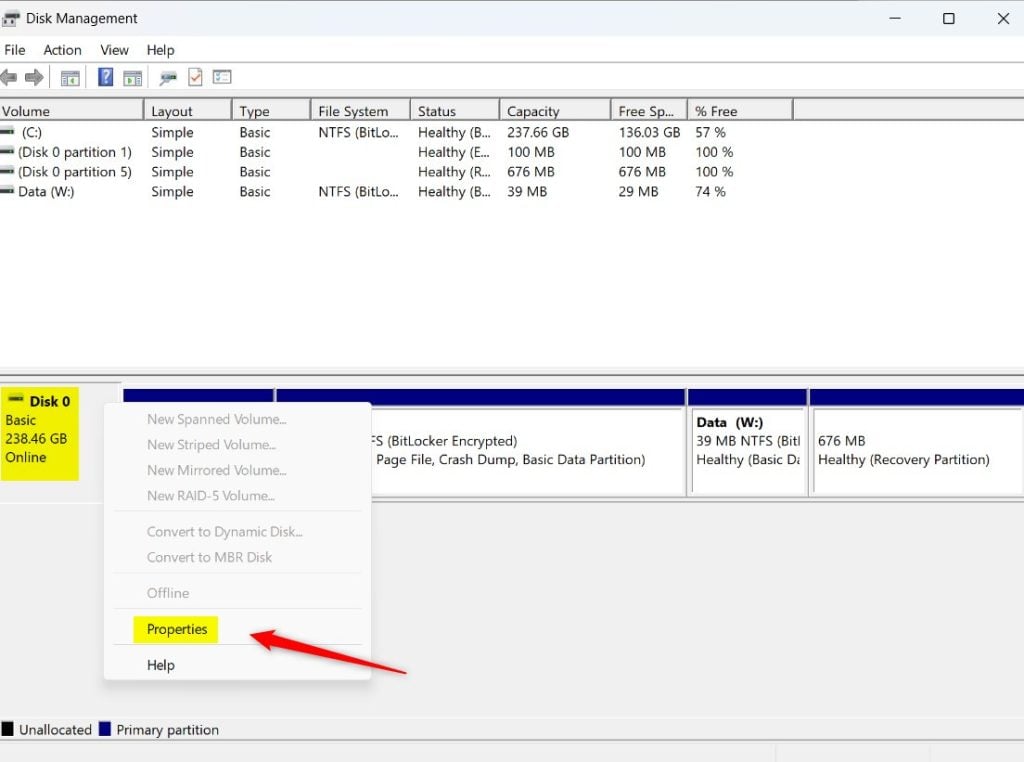
Under ‘Volumes‘, you will see the partition style of your disk drive.
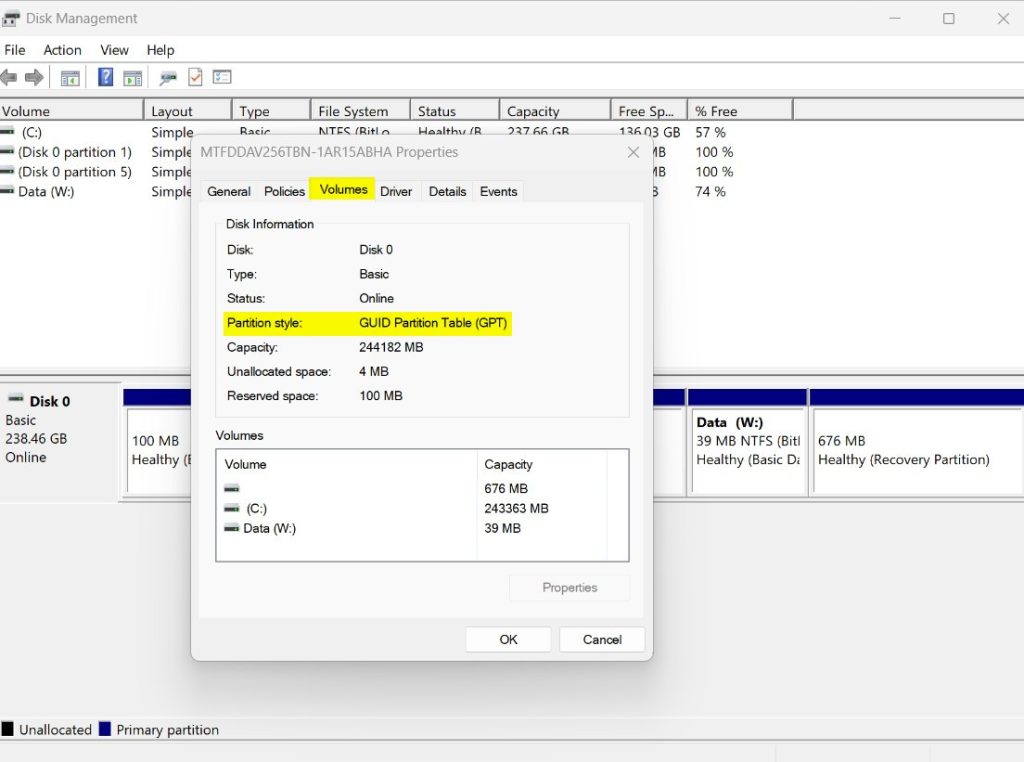
Get disk drive partition style using the command line
If you want to know your device’s partition style using the command line, use the steps below.
First, open the Windows Terminal app.
Then, select the PowerShell tab and run the command below.
Get-Disk

To use the Command Prompt tab with Windows Terminal, launch the app as administrator.
Then, run the command below as administrator.
diskpart
Follow up with the command below as the administrator.
list disk
There might still be other ways to do it, but the steps above should be a good start.
That should do it!
Conclusion:
- Determining your device’s disk drive partition style in Windows 11 is essential for various purposes, such as installing a new operating system or creating additional partitions.
- Windows offers multiple methods to check the partition style, including through the Settings app, Disk Management tool, and command line interface.
- Understanding the partition style is crucial for ensuring compatibility with certain software and making informed decisions about modifying your hard drive.
- Following the steps, you can easily identify whether your disk drive uses the Master Boot Record (MBR) or GUID Partition Table (GPT) partition style.
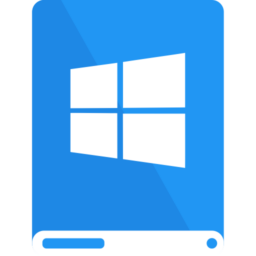
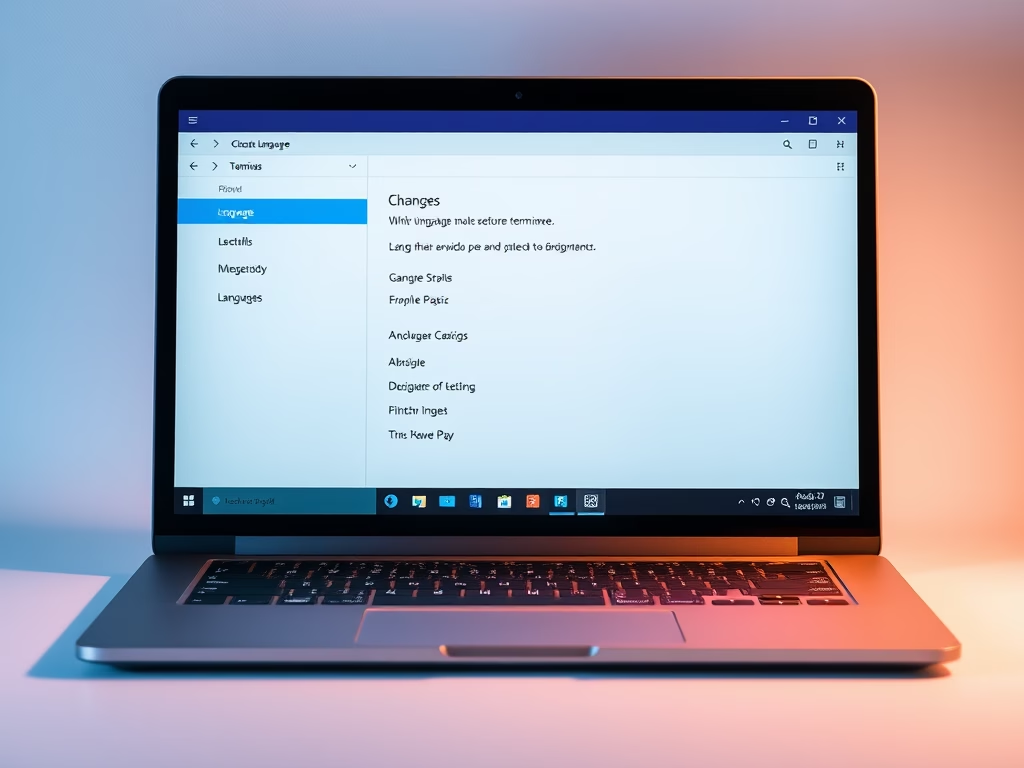
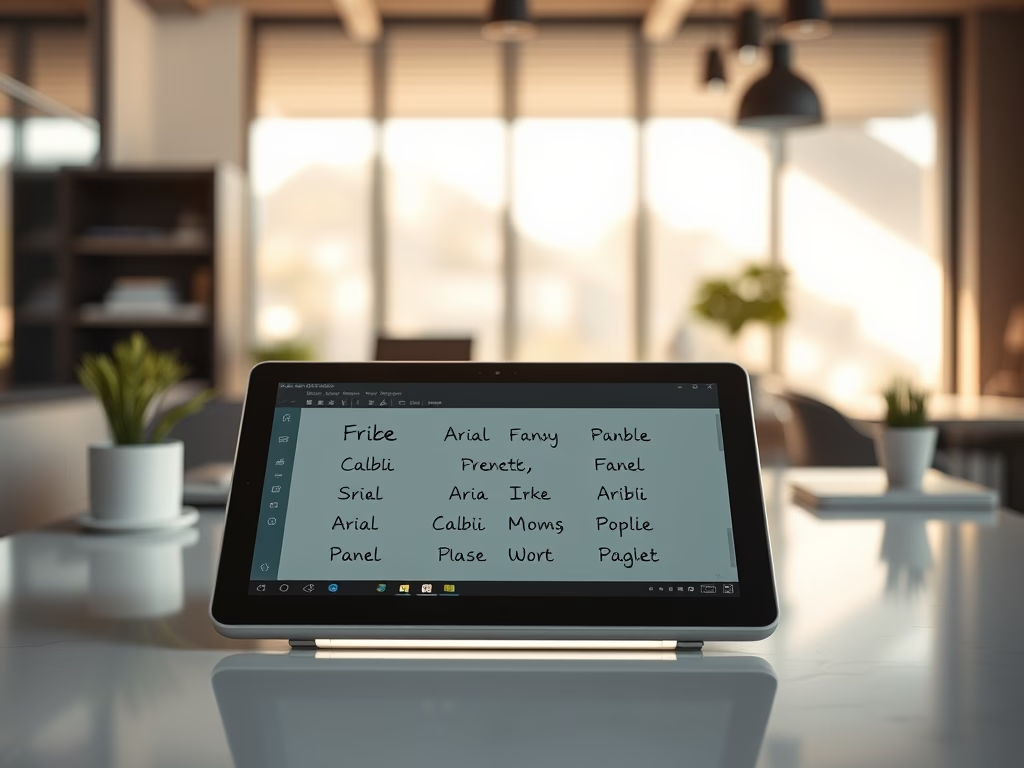
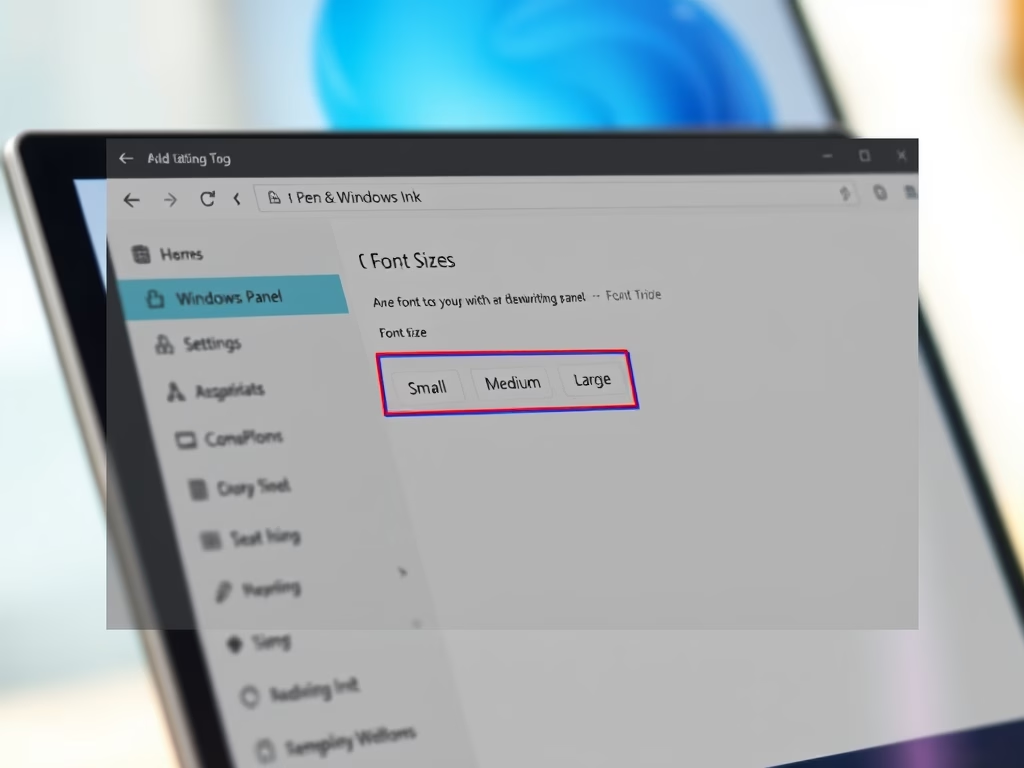
Leave a Reply Cancel reply